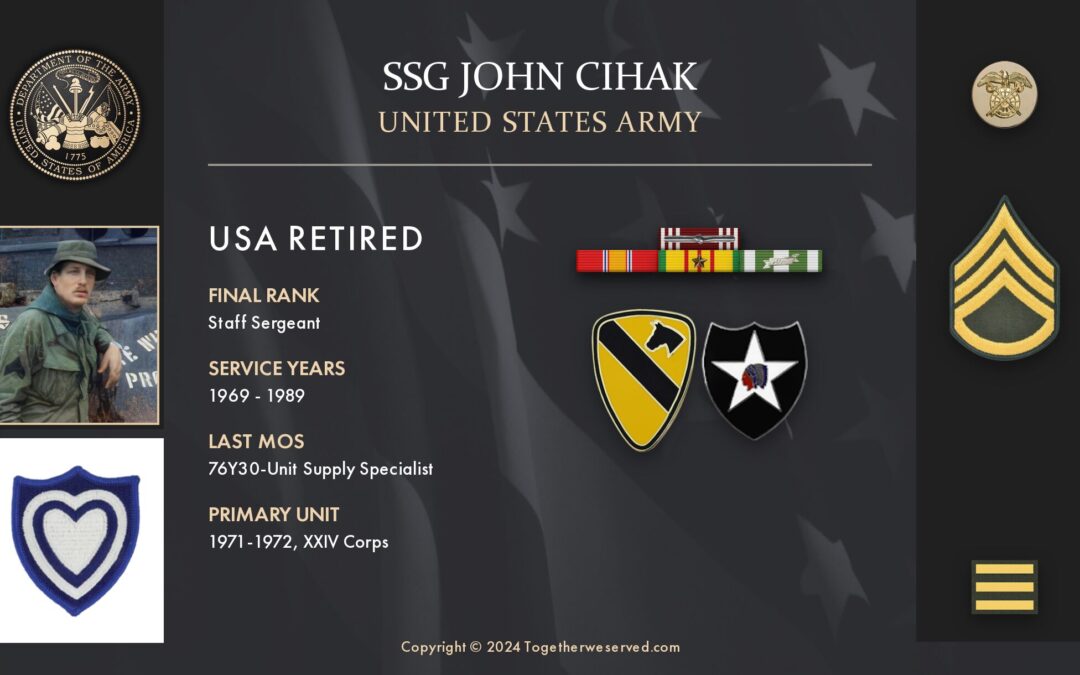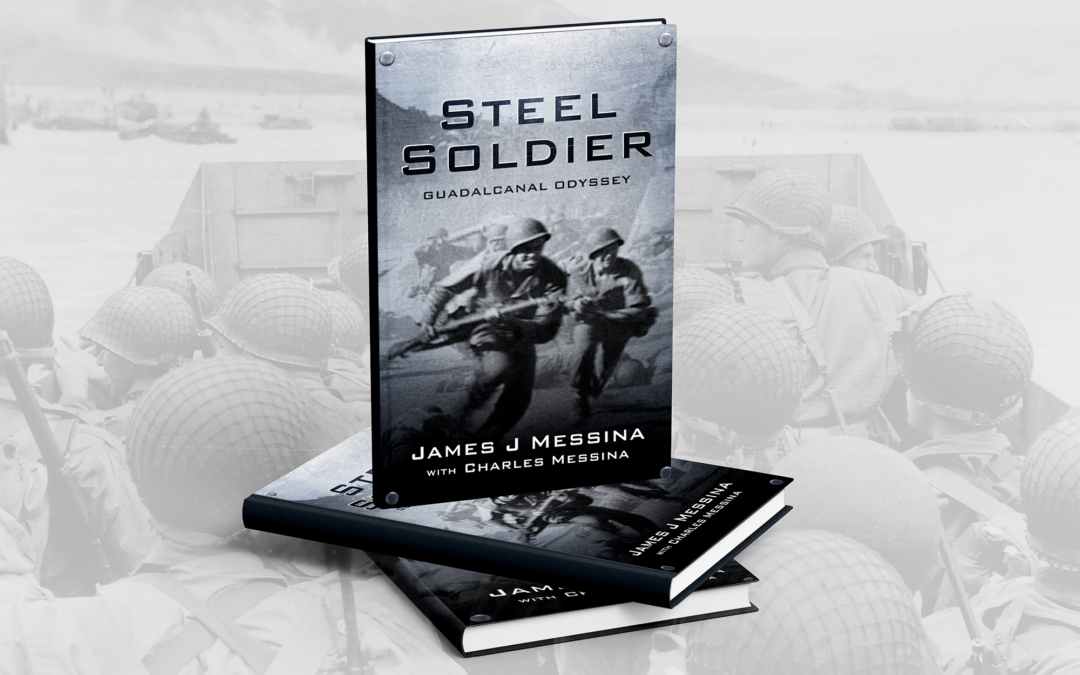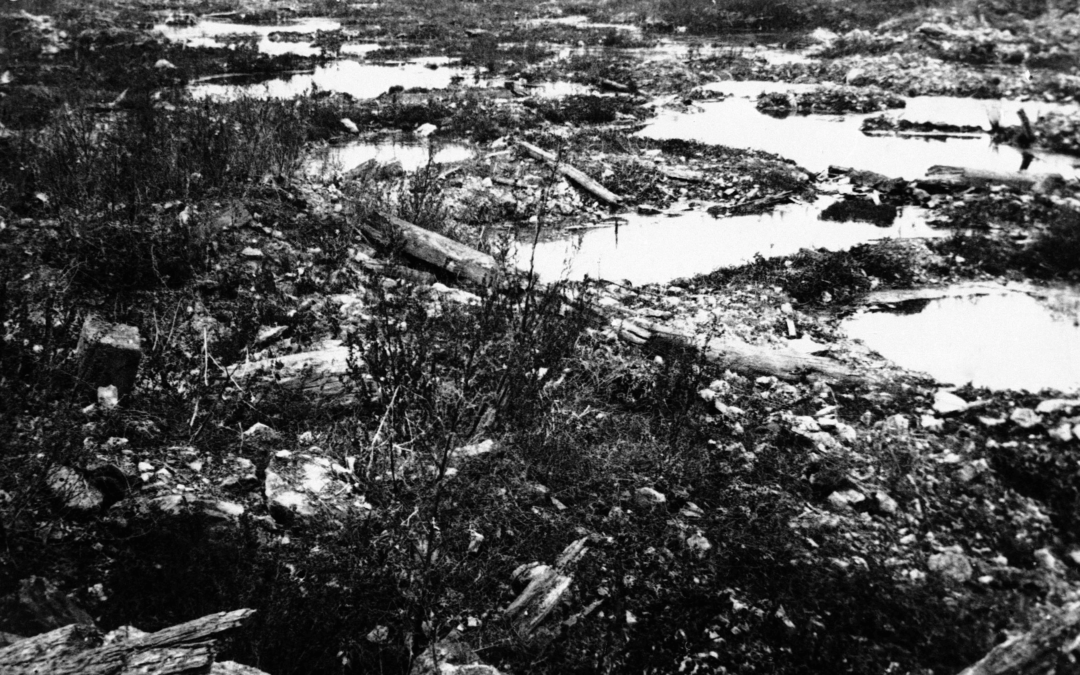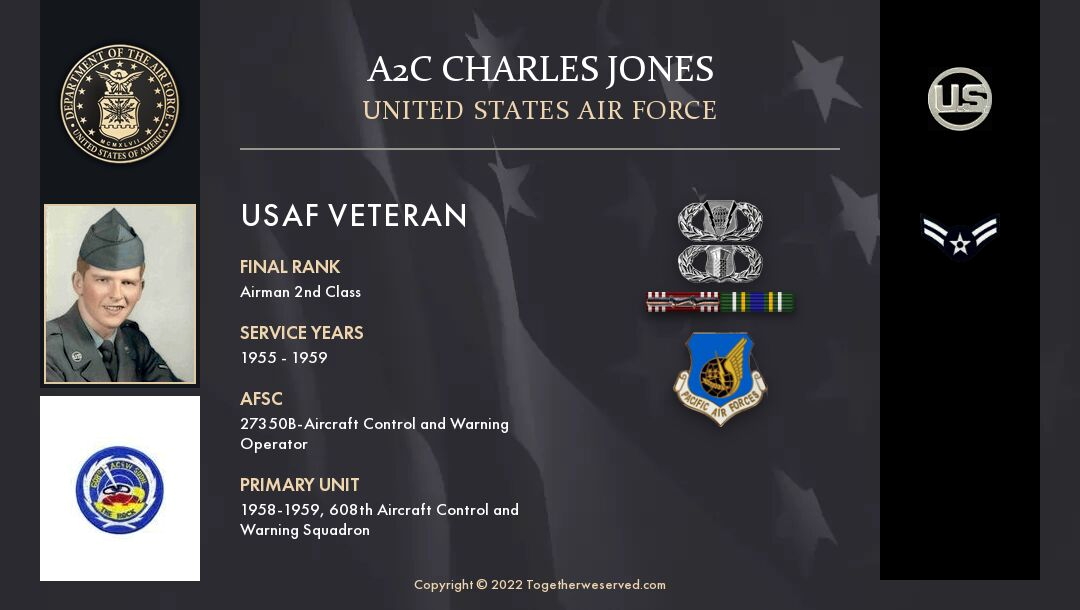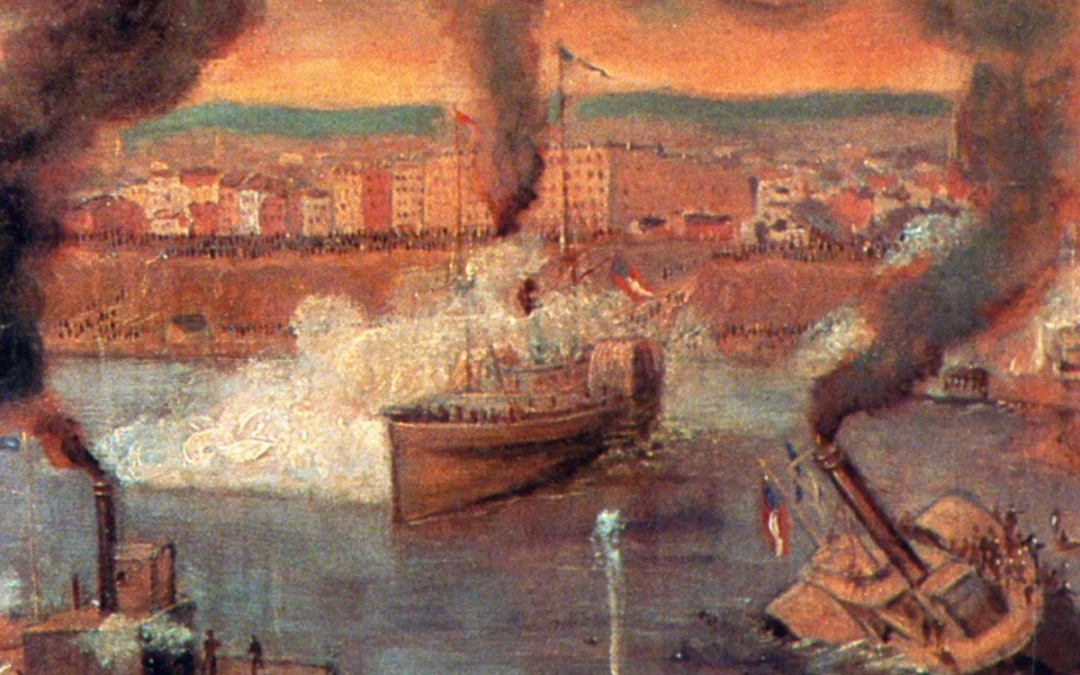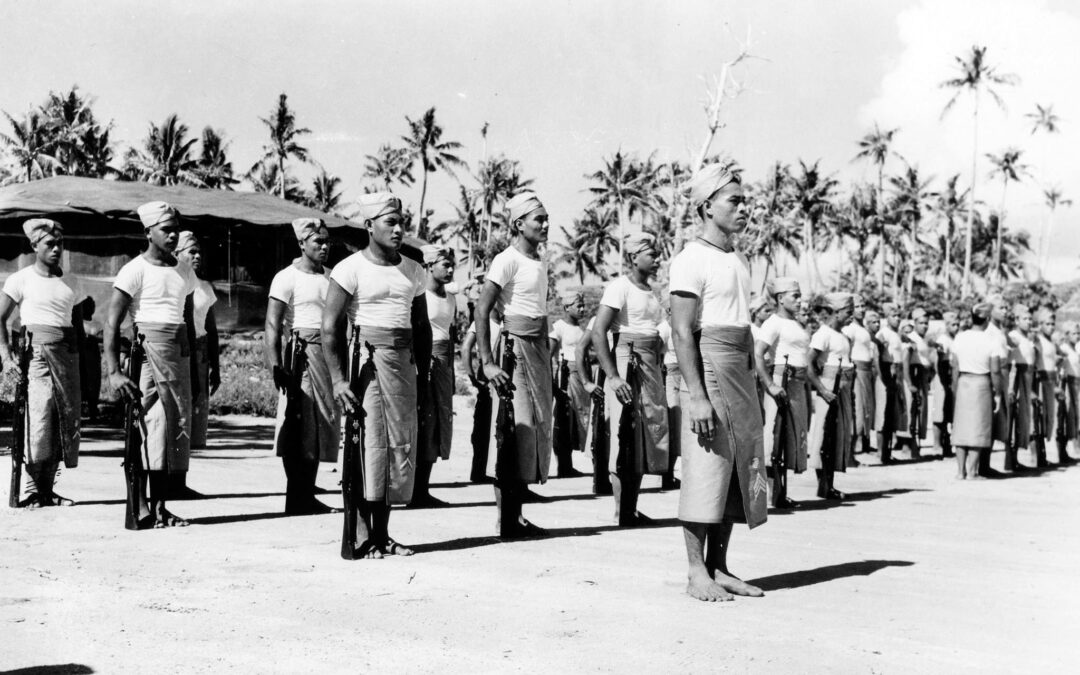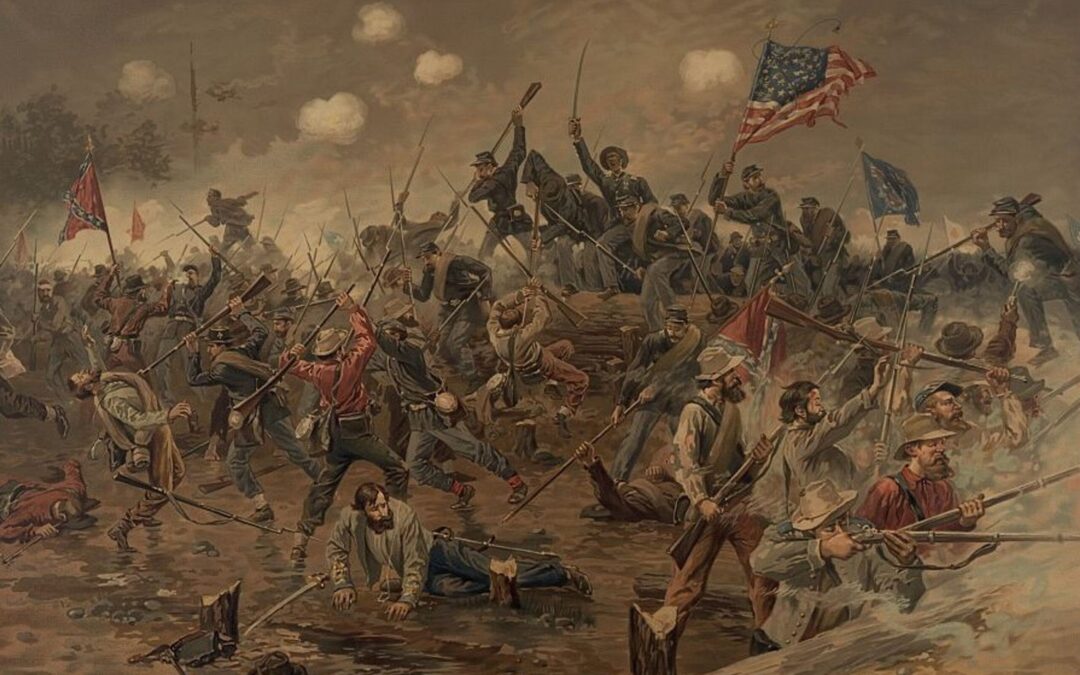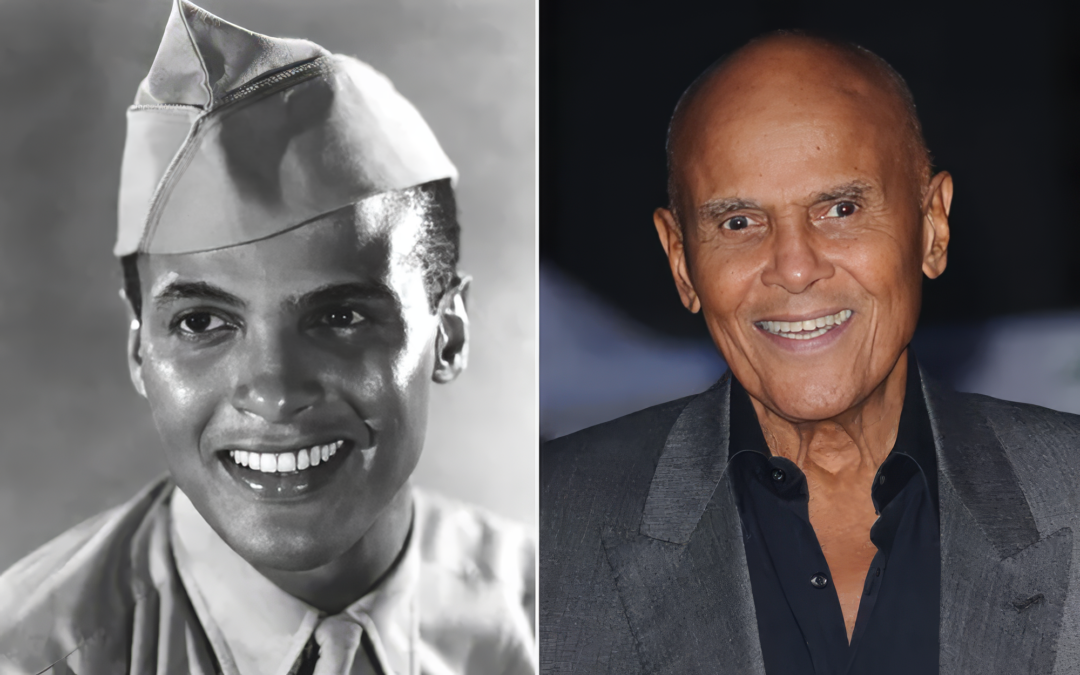Truth be told, I went to get away from home “a Payton Place” My parents were not the best, and I was the oldest; I had to get up, cook breakfast every day, go to school, then to work and home to cook dinner, wash dishes and help my brother and sisters with their homework, then I could do mine. This was five days a week, and on weekends I did my chores and went to work, still doing the cooking and laundry. I also paid my parents to rent to live in the garage with an old car that did not rum, sleeping on two-foot lockers. There was physical abuse and sexual abuse in this family.
My BIO father was a drunk in the USAF; his law was his leather belt using either end and a 2×4. When my parents separated, I had to stay with him and two sisters; my brother and one sister went with my mother. My father once threw me out the 2nd story window for talking to my mother, telling her how we were doing (remember, we were not allowed friends as we thought this was normal). On top of all this, my mother was sleeping around with my uncle (my father’s brother), so I wanted to get away.
I had an uncle John who had been in the Marines during WWII, and so I went to get in; they turned me down, not believing my age, and those of us who went to Nam knew the Army took anyone who had teeth, two eyes, two ears, four limbs with all five on each, and anyone who could shout, so my life began well by Payton Place and hello Vietnam I volunteered for the draft early with my friend Don.
